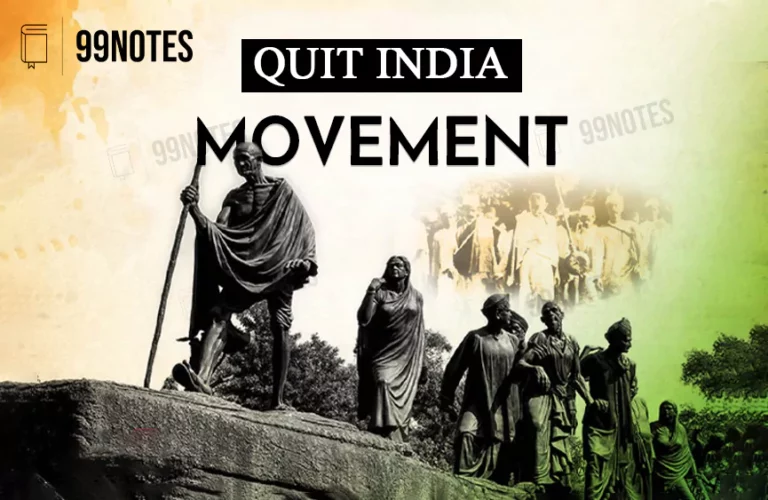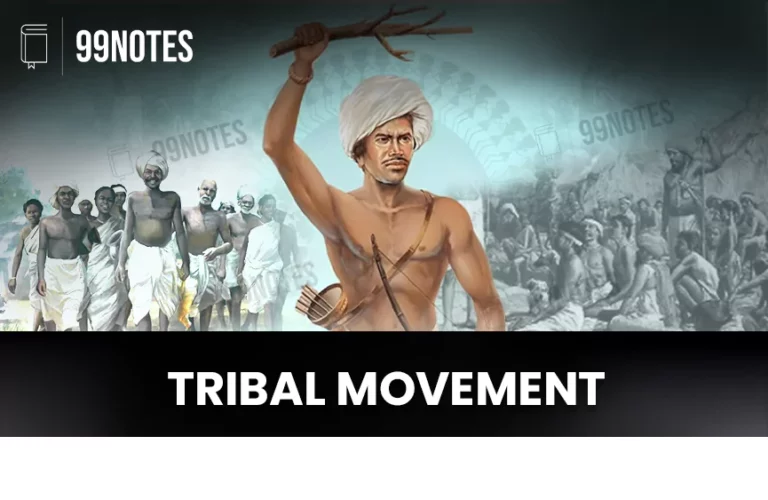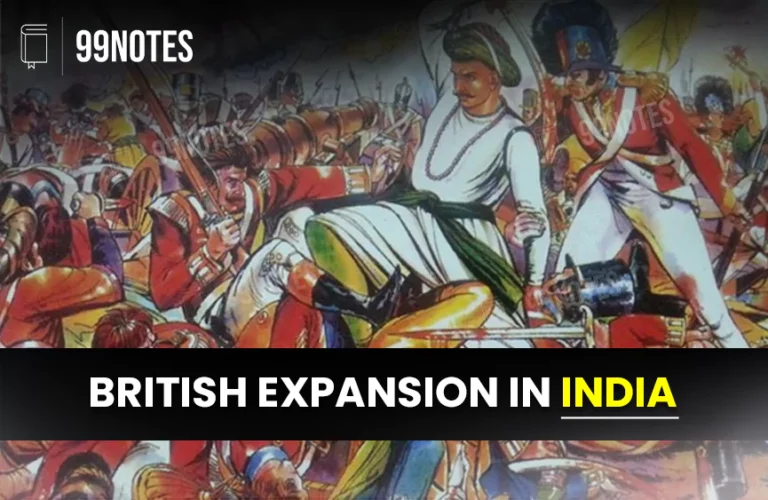National Movements in the Princely States
National Movements in Princely States National movements in princely states of British India were the crucial phase of the country’s fight for independence. These states, which were nominally governed by India Princes under British suzerainty, presented unique challenges for nationalist activism. The movement aimed for political rights and self- governance inspired by the broader Indian…

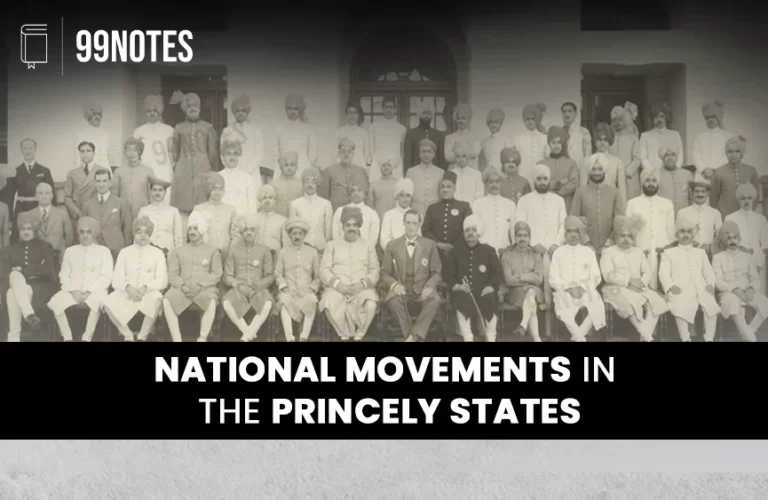
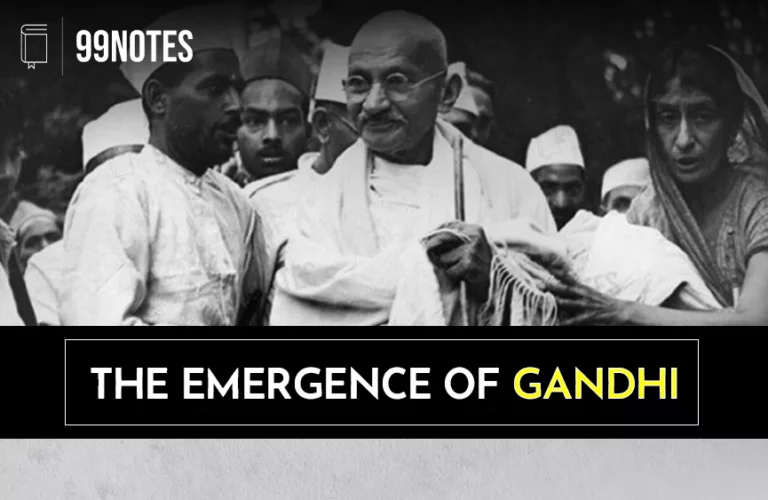
![Home Rule Movement (1916-1918): India'S Fight For Self-Governance [Upsc Notes] | Updated March 5, 2026 Home Rule Movement (1916-1918): India’S Fight For Self-Governance [Upsc Notes]](https://99notes.in/wp-content/uploads/2024/02/home-rule-featured-66698a5b2a805-768x500.webp)
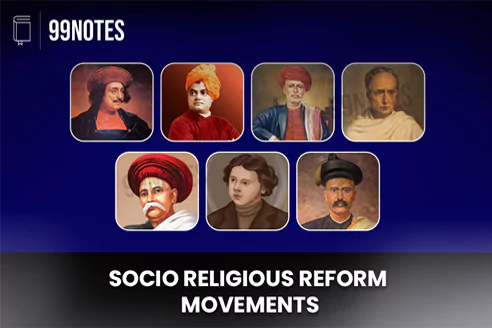
![Swadeshi Movement (1905): Overview, Causes &Amp; Impact [Upsc Notes] | Updated March 5, 2026 Swadeshi Movement (1905): Overview, Causes & Impact [Upsc Notes]](https://99notes.in/wp-content/uploads/2024/01/swadeshi-movement-featured-66698a5e632b7-768x500.webp)
